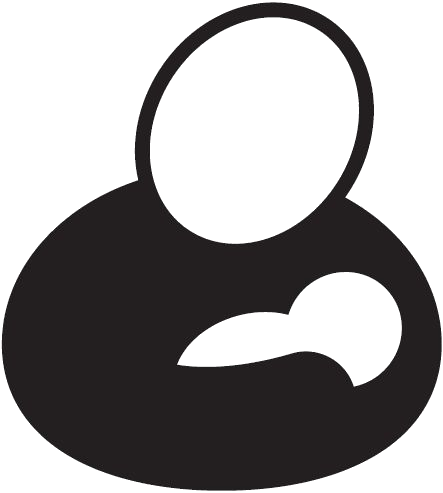NL59994.018.16/METc AMC 2017_025
Rationale
Breast milk is considered to provide the most optimal health outcomes for both infant and mother by facilitating the transmission of nutrients, hormones and cytokines from mother to child, however based on our previous preclinical research (Naninck et al., the FASEB journal, 2017) we hypothesize that stress might affect the composition of breast milk (macro-, micro- nutrients, fatty acid profile). Nutrition-based interventions are promising as they are non-invasive, easily applicable and relatively cheap. However, to be able to develop such intervention strategies in the future, we first need to better understand if (and how) stress exposure affects the composition of human breast milk.
Insights from this study might create novel opportunities for nutritional interventions, with the aim to improve maternal nutritional status during lactation, to prevent lasting ES-induced effects in vulnerable populations. In addition, insights from this study might raise more awareness of the importance of early nutrition and stress coping, especially in the stressful setting of the neonatal/paediatric intensive care units. This may further improve clinical settings and may help to optimize early nutrition and reduce stress for mother and child.
Objective: The primary objective of this research is to determine if maternal stress and nutrition affect breast milk composition.
Study design: Multicenter, observational cohort study.
Study population: 180 Mother-infant dyads (Amsterdam-Haarlem area).
Three different groups of mothers are recruited:
- Mothers who delivered a healthy term infant (n=60);
- Mothers who delivered a term infant that is admitted to a paediatric intensive care unit (n-60);
- Mothers who delivered a (very) pre-term infant (<37 weeks of gestation) that is admitted to a neonatal intensive care unit (n=60).
Main study parameters:
- Biological measures of maternal stress: cortisol/cortisone levels in maternal saliva;
- Psychological measures of maternal stress: perceived stress;
- Breast milk composition (micronutrient content, macronutrient content, fatty acid profile, metabolite content, cortisol/cortisone content).
Secondary study parameters include:
- (Childhood) stress history of the mother (JTV and LSC-r);
- Perceived maternal stress;
- Infant temperament assessed at 3 months of age (IBQ-r);
- Anthropometrics of the infant;
- Cortisol content in the infant faecal samples;
- Food intake of the mother during the early-lactation phase (24h recalls and FFQ);
- Specific maternal genotype variants of stress-related genes (e.g. GR, MR).
In-/exclusion criteria:
In order to be eligible to participate in this study, the mother must meet all of the following criteria:
- Written informed consent;
- Maternal age > 18 years;
- Mother is planning to fully breastfeed their infant during the first month after giving birth.
Mothers are excluded from participation in the study in case of:
- Maternal use of systemic glucocorticoid-medication after giving birth;
- Maternal use of SSRI (expected to be around 30%);
- Maternal pre-existing or gestational diabetes;
- Major congenital anomalies of the neonate.
Nature and extent of the burden associated with participation
Study procedures are non-invasive and do not imply any risks for participants.
Independent experts
- Dr. J. (Joost) Rotteveel (VUmc)
- Dr. A.S.P. (Paul) van Trotsenburg (AMC)
How can you help us?
Are you a midwife or lactation consultant in the Amsterdam / Amstelland or Haarlem / Haarlemmermeer area and would you like to help us disseminate information about this research among your clients? Please register through the online contact form. The research team will contact you as soon as possible.
